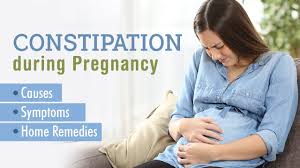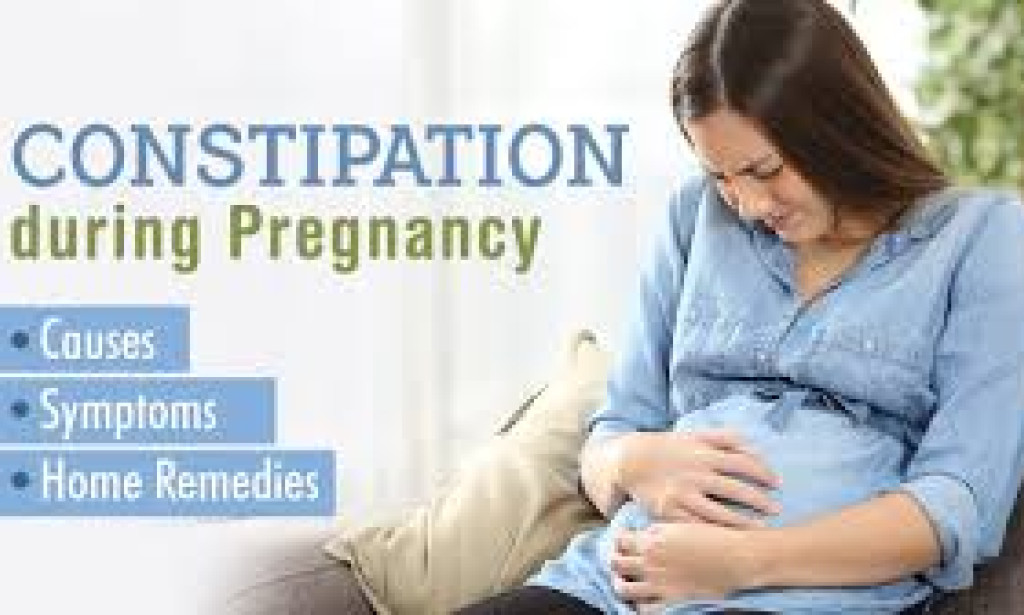1. Understanding Pregnancy-Related Constipation
Constipation during pregnancy is marked by infrequent, hard, or painful bowel movements, significantly affecting an expectant mother’s quality of life. Symptoms often include abdominal discomfort, bloating, and a persistent feeling of incomplete evacuation. This condition is exacerbated by the physiological and hormonal changes that occur throughout pregnancy.
Hormonal shifts, particularly increased levels of progesterone, slow digestion by relaxing intestinal muscles. This, combined with dietary changes, reduced physical activity, and prenatal supplements like iron, contributes to constipation’s prevalence. Understanding these contributing factors is key to managing and alleviating the condition effectively.
 2. Global Prevalence of Constipation During Pregnancy
2. Global Prevalence of Constipation During Pregnancy
Our meta-analysis reveals a global prevalence rate of approximately 25%, with regional variations. Asia reports the highest prevalence at 30%, while North America and Europe follow with rates around 20%. Developing nations often report higher rates due to dietary habits and limited access to prenatal healthcare.
This widespread occurrence underscores the importance of early intervention. By identifying at-risk populations and implementing region-specific strategies, healthcare providers can better address this global concern.
| Region | Prevalence of Constipation During Pregnancy |
|---|---|
| Asia | 30% |
| North America | 20% |
| Europe | 20% |
| Developing Nations | Higher than Developed Nations |
3. Physiological Changes Contributing to Constipation
Pregnancy brings about hormonal, mechanical, and physiological changes that significantly influence digestion. Key factors include:
- Hormonal Influences: Elevated progesterone levels slow intestinal contractions, delaying waste movement.
- Mechanical Pressure: The expanding uterus compresses the intestines, impeding normal digestion.
- Gut Motility Changes: Reduced peristaltic activity slows the passage of food through the digestive tract.
Understanding these changes helps in crafting targeted management strategies to relieve constipation during pregnancy.
| Physiological Factor | Impact on Digestion | Contribution to Constipation |
|---|---|---|
| Hormonal Shifts | Slows intestinal contractions | Delayed waste transit |
| Mechanical Pressure | Compresses intestines | Disrupted digestion flow |
| Changes in Gut Motility | Reduces peristaltic activity | Slower stool passage |
4. Cultural and Regional Variations in Management
Traditional remedies and dietary practices vary widely across cultures. For instance, herbal teas and fiber-rich foods are prominent in Asian and Mediterranean diets, while indigenous communities in South America often rely on medicinal plants.
| Region | Traditional Remedies | Dietary Practices |
|---|---|---|
| Asia | Ginger, turmeric, fennel | High fiber intake |
| Mediterranean | Limited herbal remedies | Olives, figs, whole grains |
| South America | Medicinal plants, holistic care | Varies by indigenous culture |
These insights emphasize the importance of integrating cultural knowledge into healthcare practices to improve outcomes for expectant mothers globally.
5. Prevention Strategies and Lifestyle Modifications
To manage pregnancy-related constipation effectively, the following lifestyle adjustments are recommended:
- Dietary Changes: Include fiber-rich foods like whole grains, fruits, vegetables, and legumes.
- Exercise: Engage in regular activities such as walking, prenatal yoga, or swimming.
- Hydration: Ensure adequate water intake to maintain stool softness and bowel regularity.
Encouraging these habits not only alleviates constipation but also promotes overall well-being during pregnancy.

6. Medical Interventions and Safe Treatment Options
When lifestyle changes are insufficient, medical interventions may be necessary. Healthcare providers recommend the following safe options for expectant mothers:
- Pregnancy-Safe Laxatives: Polyethylene glycol and lactulose are effective and gentle.
- Fiber Supplements: Psyllium husk and methylcellulose help soften stool.
- Medications: Magnesium-based supplements can be prescribed under medical supervision.
These treatments, combined with preventive strategies, provide comprehensive relief for pregnancy-related constipation.



You must be logged in to post a comment.